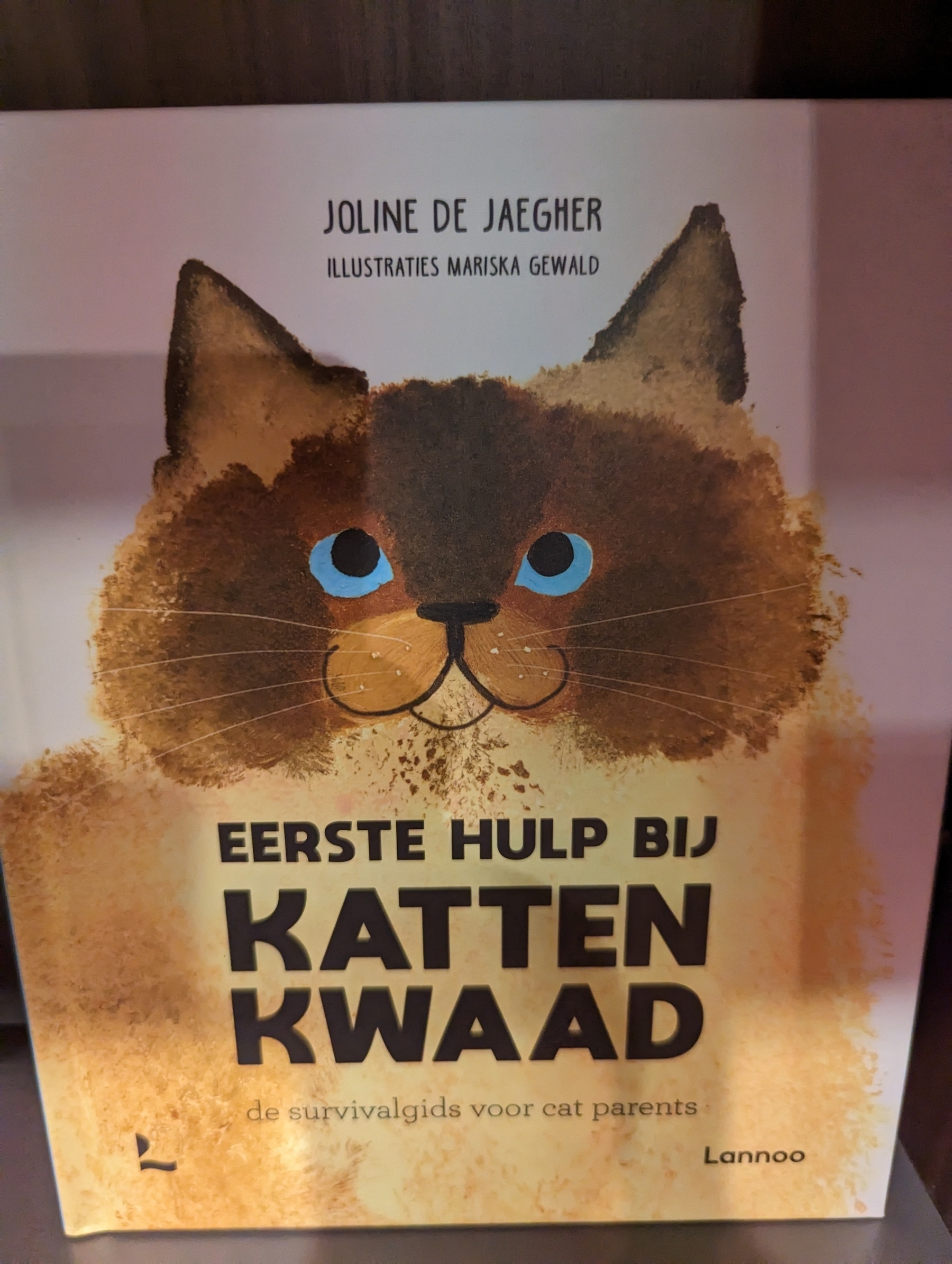🔖📝📚📺🍿 Read What the Universal Translator Tells Us About Exploring Other Cultures by Charlie Jane Anders (Happy Dancing newsletter).
Anders talks about the way a universal translator gives us shortcuts to understanding other cultures that don’t really show how hard it is to actually understand another culture.
She offers a lot of examples of this and asks,
How is it that Han Solo understands Chewbacca, but doesn’t speak Wookiee himself? And vice versa?
It’s been a long time since I was getting my Master of Arts in teaching and had to take a course on how Language Acquisition happens (almost 20 years), but I recall that we tend to understand much more of a language than we can speak, and I’ve certainly found that to be true recently.
For W’s Fulbright, we spent two months in the Netherlands, and had learned some very basic Dutch using Duolingo before heading over there. I often didn’t understand what people were saying, but I always understood more of what they were saying than I could ever speak myself.
Our first week there, some young people overheard my son saying his favorite Dutch word, “kat,” on the bus. They asked us about our being Americans and then one of them wanted to know if we were full of “kattenkwaad.” We didn’t know this word, and the person who asked didn’t know English well enough to explain it, but his friend tried.
I asked if it meant behaving like a cat, and he indicated not exactly. He tried to explain by example: pushing the stop button on the bus, then not getting off when the bus stopped.
“Oh, like, pranks!” I said.
“Yes, like pranks.”
“Mischievous,” my sister suggested. He wasn’t sure about that one.
Weeks later, I found this book in the shop a short walk from our house:

Google translates this title as “First Aid for Mischief: The Survival Guide for Cat Parents.”
I don’t think it captures the sense entirely, based on our bus conversation, but it’s hard to be sure.